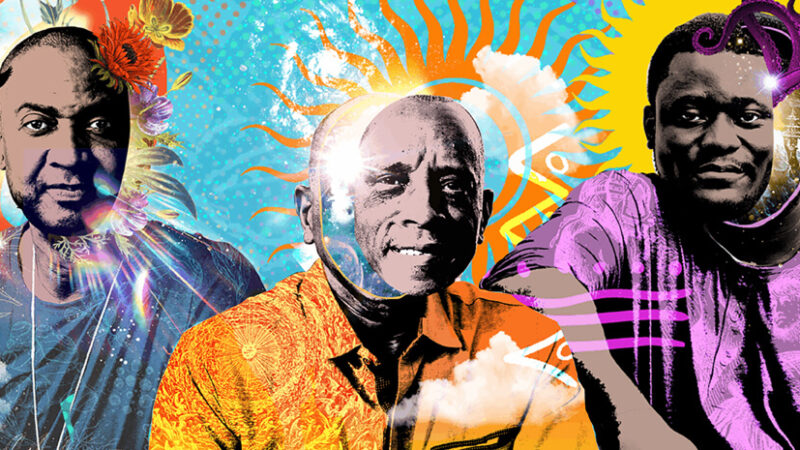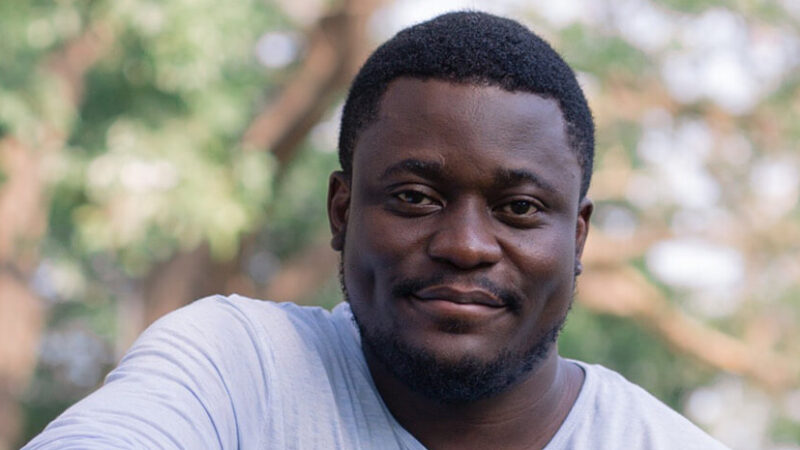Three Black Men
We know that we’re living in a critical time in human history. We know that we can no longer say, “It’s not my responsibility.” What is it that this time begs us to see? In this podcast, Tami Simon joins visionary leaders Bayo Akomolafe, Orland Bishop, and Resmaa Menakem for a compelling conversation about the intersection of past, present, and future and the creation of new rituals and pathways for healing, equity, and belonging for all people.
Tune in as Bayo, Orland, and Resmaa discuss with Tami: “facing the monstrous” and reconciling that which we’ve chosen to avoid; how transformation is inevitably disabling; stopping the propagation of violence and fear in the human psyche; the metaphor of the fissure in the road; the power of ritual to foster inclusion and “metabolize” trauma; initiating the shift from the profane to the sacred; tapping the generative energies awaiting expression; imaginal cells and the analogy of the caterpillar and the butterfly; the evolution of music and trusting the maturation of creative acts; the Trickster archetype, and how oppression is never complete; getting out of the habit of predicting what comes next; and more.
Note: This episode originally aired on Sounds True One, where these special episodes of Insights at the Edge are available to watch live on video and with exclusive access to Q&As with our guests. Learn more at join.soundstrue.com.


